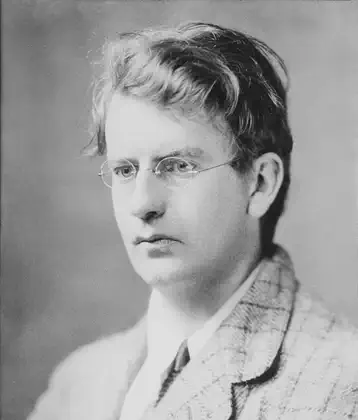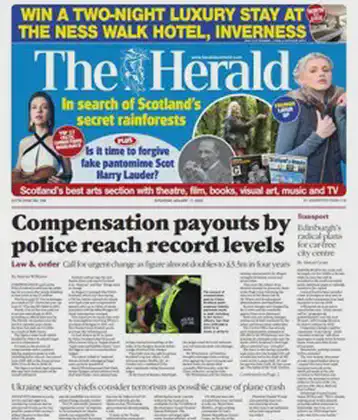On January 27, 1550 in Celtic History
Sir humphrey arundell, leader of the cornish prayer book rebellion, executed

In 1549 Sir Humphrey Arundell was a man of influence, who became leader of the Rebels from Cornwall involved in the Prayer Book Rebellion against Edward VI and the Protector Somerset. The Prayer Book Rebellion or Western Rebellion occurred in the southwest of England in 1549.
In the 1540s the government of Edward VI introduced a range of measures as part of the Reformation to remove certain practices from the church which were perceived as being too Catholic.
In 1548 the Book of Common Prayer in English replaced the old prayer book in Latin. The change was widely unpopular, but nowhere more so than among the people of Devon and Cornwall, many of whom did not speak English at this time.
In 1549 Arundell became leader of the Rebels from Cornwall involved in the Prayer Book Rebellion against Edward VI and the Protector Somerset. Partly because he was a good Catholic and a good Cornishman, and also, because as a man of influence, he felt he could control the rebels of their worse excesses. Had been in charge of a small garrison on St Michaels Mount, which had defected to the rebels at the begging of the campaign.
At the siege of Exeter Arundell had no easy task, with his ill trained troops, to sit patiently before the walled city. They had no great artillery to open the breach, and yet without reason they gave assault, and used divers means to mount the walls. They had a few guns among them one trained on Carew at Clyst St Mary bridge, and it is said that some were taken from Plymouth and other forts of the King, probably including those on St Michaels Mount, St Mawes, Pendennis, and Trematon Castles; but these could only be of a small calibre, as the difficulties of transport would have prevented them from bringing larger guns. But the more madness they showed in their attempts with greater loss were they driven back.
He was a good leader throughout the Campaign. At the Sampford Courtnay Battle he lead a large contingent of rebels from the rear Lord Russell was surprised by the sudden charge at their backs that the Royal troups were thrown into confusion.
Attempted to make another stand at Okehampton, but pursuit was to close and he fell back to Launceston, where he was finally overpowered and imprisoned in the castle. On 19 Aug he was transferred to Exeter and lodged in Rougemont Castle dungeons. He was taken with other rebels to the Tower of London on 8 Sep.
Tuesday 26th Nov, Arundell together with John Wynslade, Bury and Holmes were taken by boat up the river to Westminster Hall where they were found guilty of High Treason and condemned to be taken back to the Tower and later to be drawn on hurdles through the City of London to the gallows at Tyburn and on the gallows suspended and while yet alive to be cast down upon the ground and the entrails of each to be taken out and burnt before their eyes while yet living and their heads to be cut off and their bodies to be divided into four parts to be distributed at the Kings pleasure. The sentence was carried out 27 Jan 1550.




